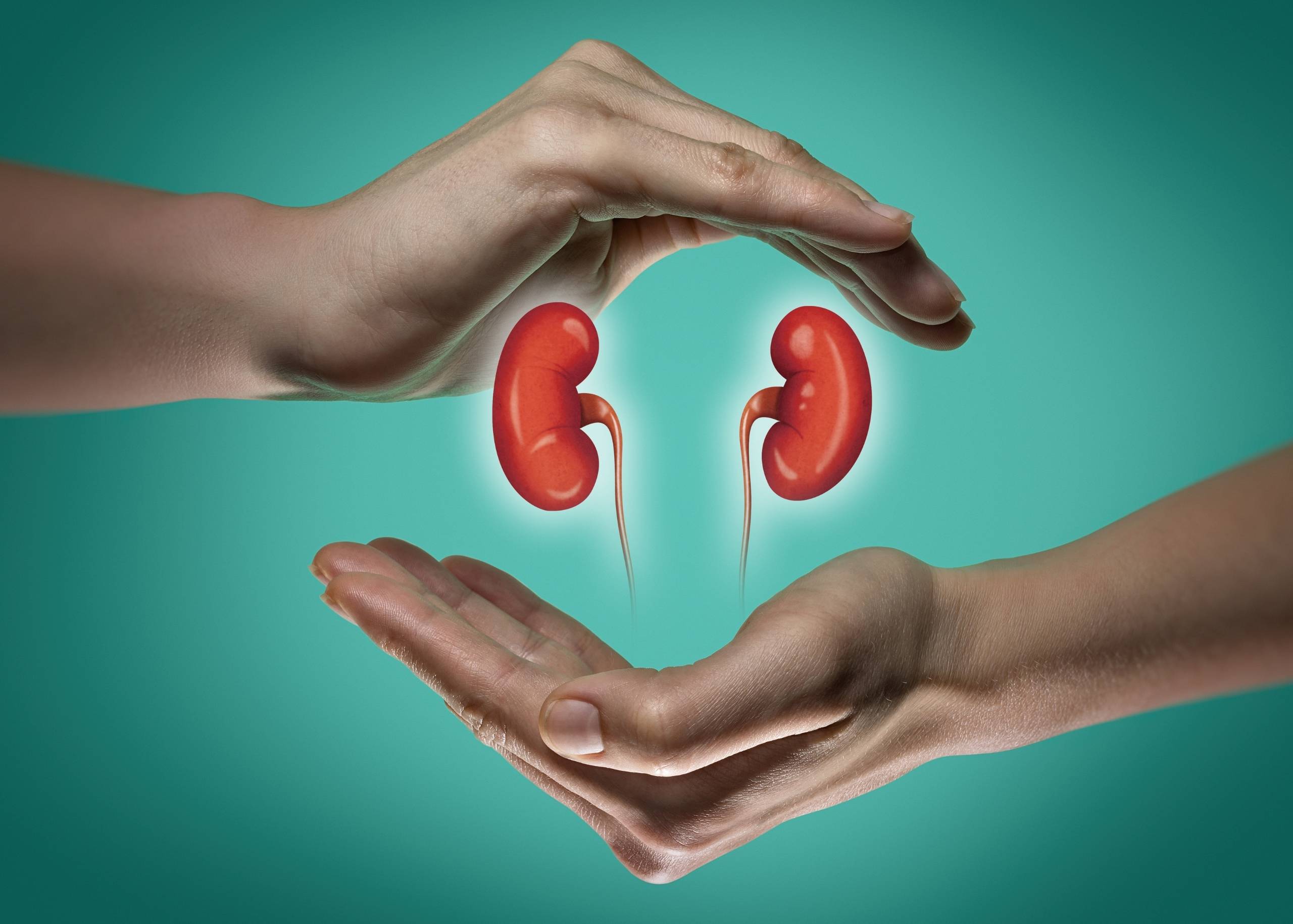Diabetic Nephropathy is a disease that develops in the kidneys when they are damaged by diabetes. It is characterized by increased protein in the urine and, eventually, kidney failure.
How does Diabetes Cause Kidney Damage?
When you have diabetes, your body cannot regulate blood sugar levels as well as it should. This causes high blood sugar levels (hyperglycemia) that can damage your kidneys over time. High blood sugar levels cause oxidative stress and inflammation in your body. These processes contribute to kidney damage by damaging the blood vessels that supply blood to your kidneys and impairing their function overall. Over time, this damage can lead to chronic kidney disease (CKD).
What Are the Symptoms of Diabetic Nephropathy?
The symptoms of diabetic nephropathy include:
- Blood in the urine (hematuria)
- Swelling in the legs and feet (edema)
- Painful urination (dysuria)
- Frequent urination (polyuria)
What Are the Different Types of Diabetic Nephropathy?
There are different types of diabetic nephropathy:
Acute tubular necrosis – This type of diabetic nephropathy occurs when there is damage to the small blood vessels within the kidneys.
Fibrosing glomerulopathy – This type of diabetic nephropathy involves scarring and thickening of the walls of the tiny blood vessels that filter waste from your body, which leads to kidney failure.
Nephrotic syndrome – This diabetic nephropathy involves excessive protein loss in urine because of damaged kidney filters.
What Are the Different Stages of Diabetic Nephropathy?
The stages of diabetic nephropathy are broken down by the glomerular filtration rate (GFR), which is the amount of water filtered from your blood each minute by your kidneys. A normal GFR is around 120 mL/min per 1.73 m2 body surface area.
Stage 1: Kidney damage present but normal kidney function and a GFR of 90% or above.
Stage 2: Kidney damage with some loss of function and a GFR of 60–89%.
Stage 3: Mild to severe loss of function and a GFR of 30–59%.
Stage 4: Severe loss of function and GFR of 15–29%.
Stage 5: Kidney failure and a GFR of under 15%.
What Are the Risk Factors?
The risk factors of diabetic nephropathy include:
- High blood glucose levels
- Obesity and being overweight
- Hypertension (high blood pressure) Hyperlipidemia (high triglycerides and low levels of HDL cholesterol)
- Insulin resistance
How is it Diagnosed?
Diabetic Nephropathy is diagnosed through lab tests, physical exams, and imaging.
Lab tests will include a urine test and a blood test. The urine test will check for protein in the urine.
If there is a protein in the urine, it could be a sign of this condition.
The blood test will check your kidney function. This can also help detect if you have the condition or are getting worse.
Your nephrologist may also order an imaging test like an ultrasound or CT scan to look at your kidneys and see how well they work if they are suspected of being damaged by diabetes.
How is it Treated?
It is treated with several different medications and therapies.
First, your doctor will want to monitor your blood pressure, cholesterol, and blood sugar levels.
If necessary, they may prescribe medication to control these factors.
Second, your doctor may recommend that you lose weight and exercise regularly.
If you cannot manage this independently, the doctor may refer you to a dietician or physical therapist for assistance.
Third, if necessary, the physician will suggest that you take medications such as ACE inhibitors or ARBs. These drugs can help prevent or slow down damage to your kidneys.
Finally, if none of these effective treatments control your symptoms, the doctor may recommend dialysis or kidney transplantation.
Everyone with diabetes is at risk for diabetic nephropathy. Early diagnosis and treatment could mean the difference between kidney failure and a normal, healthy life.
Our board-certified nephrologists at Medeor Hospital, UAE, have the experience, skill, and knowledge to treat all stages of diabetic nephropathy.
They will help you understand your condition and develop a treatment plan that works for you to help you manage your condition and keep your kidneys healthy.




















